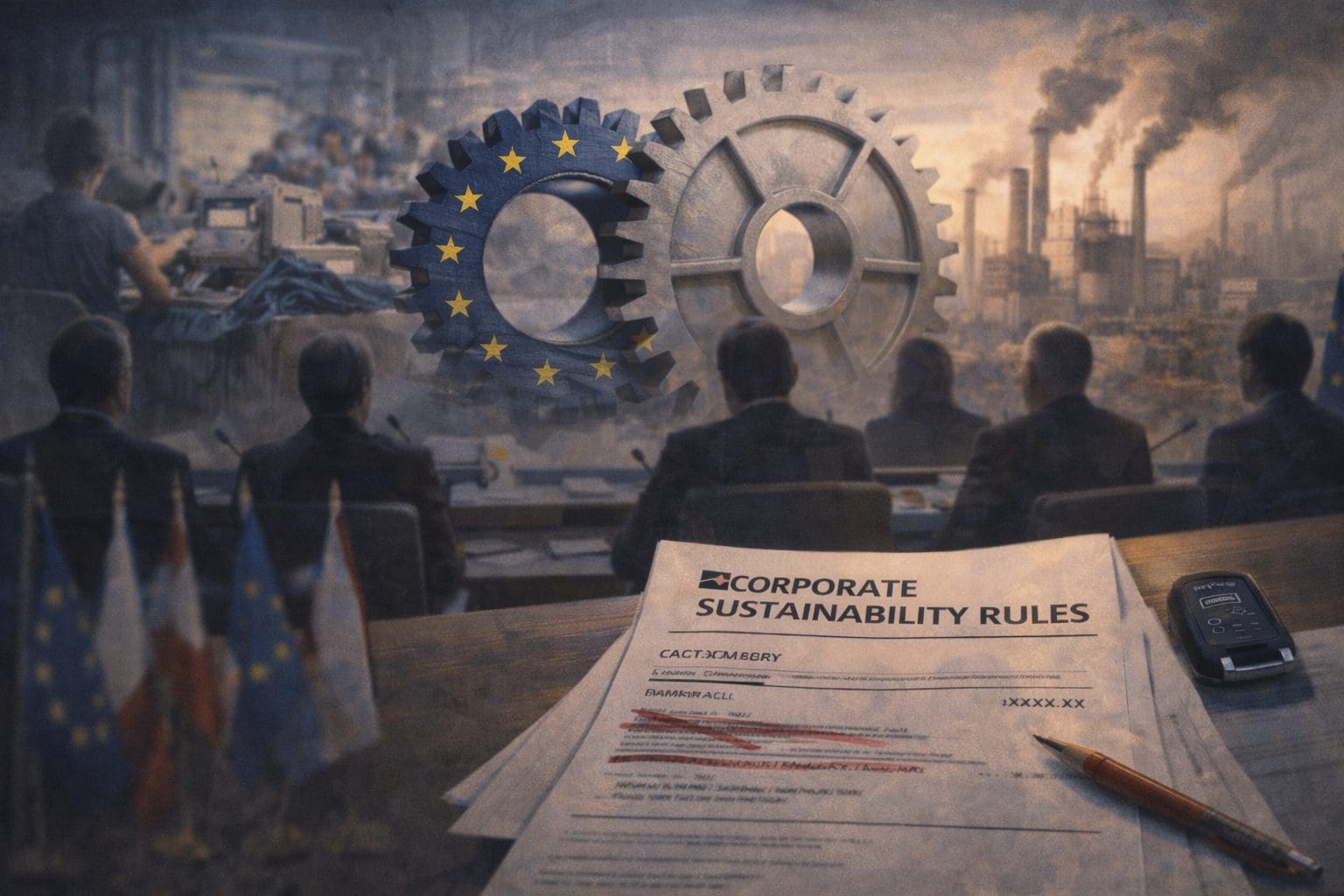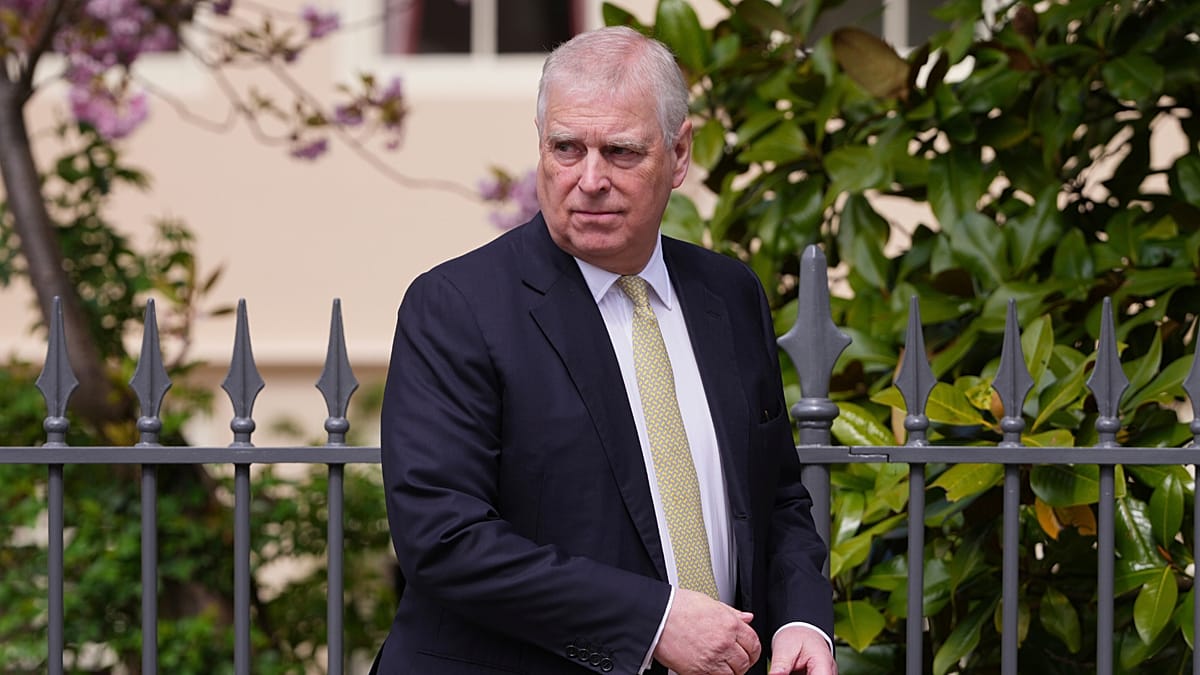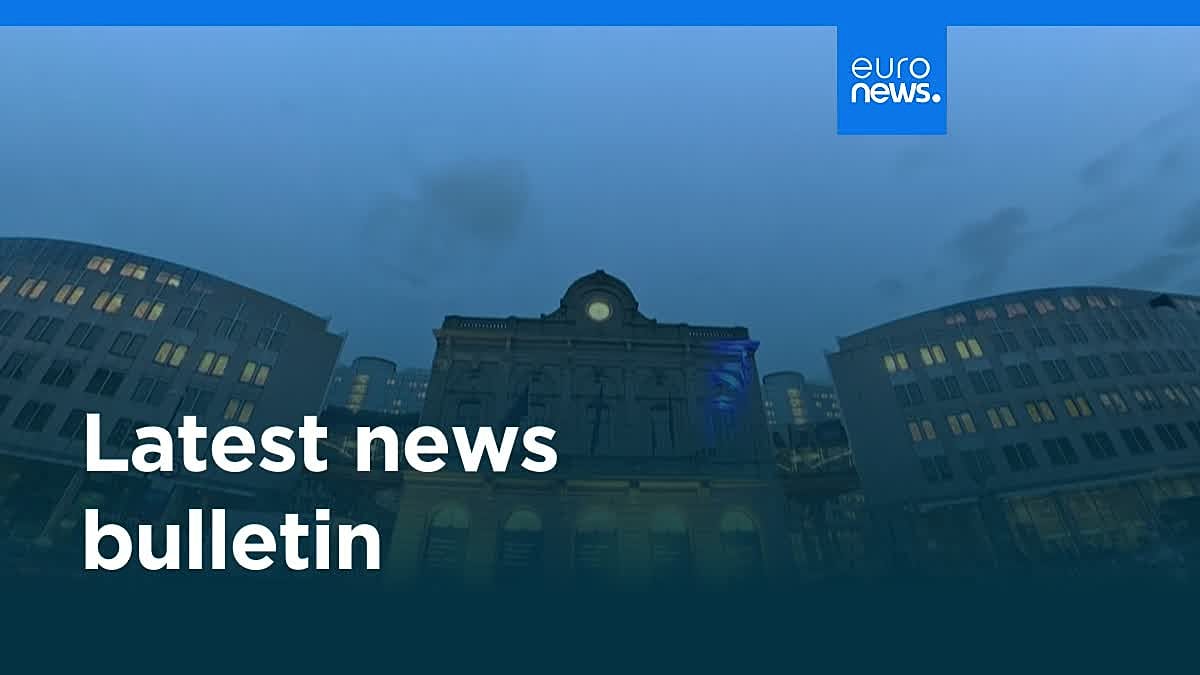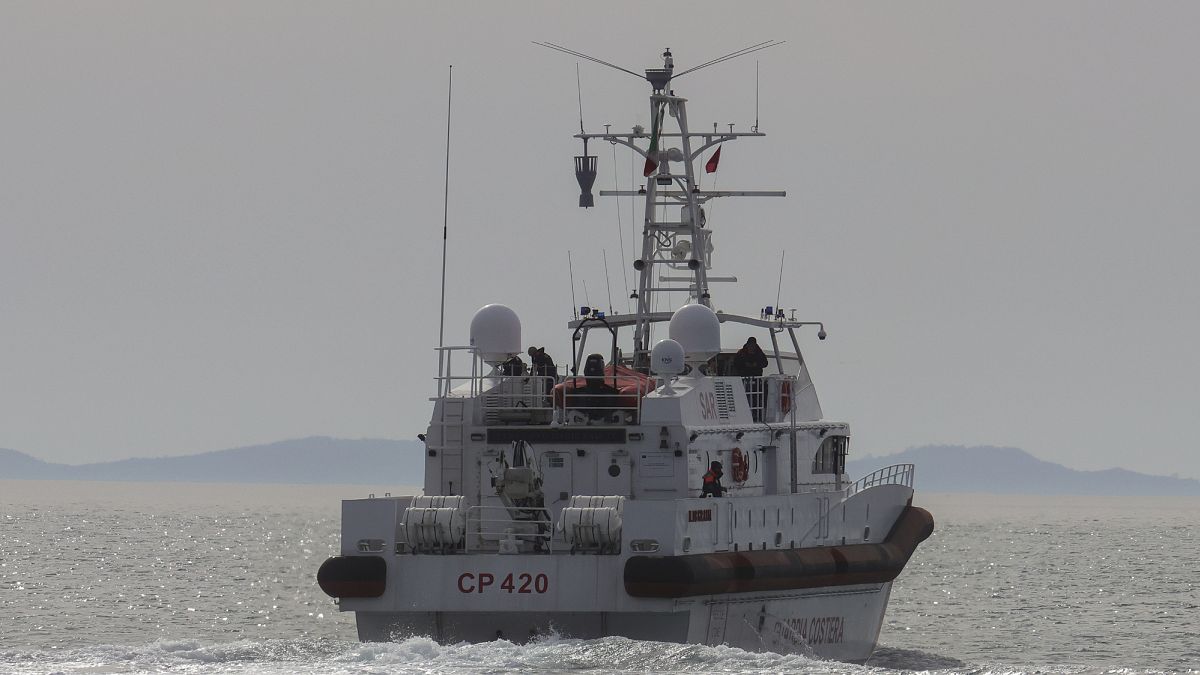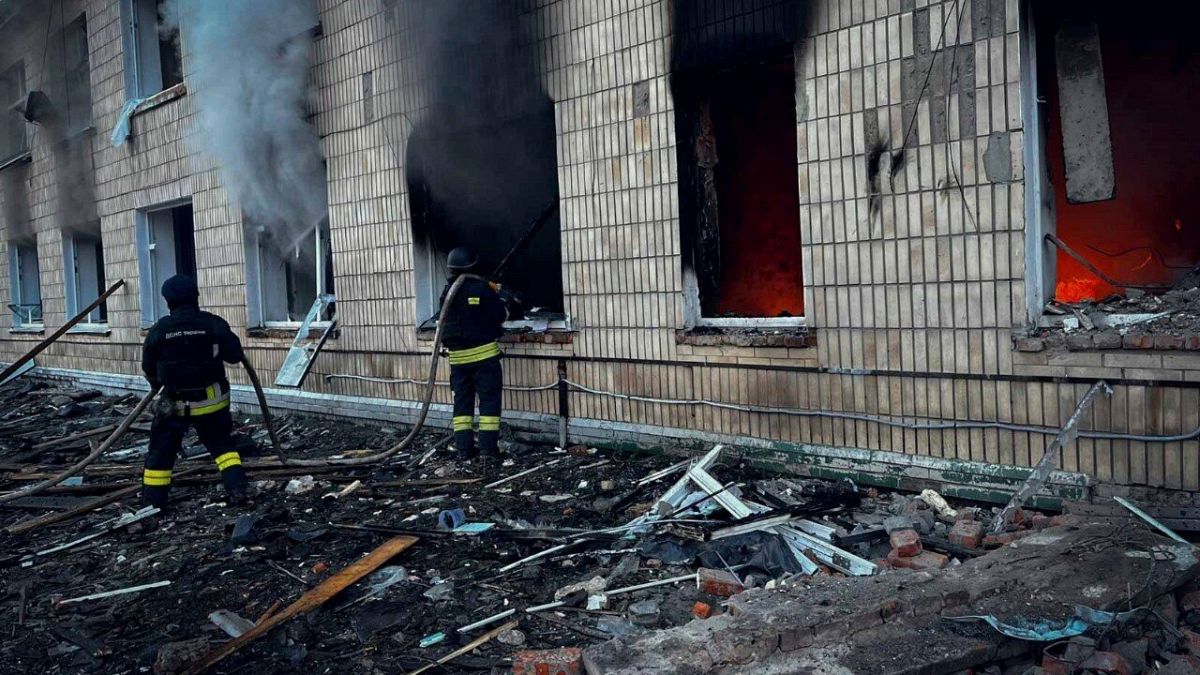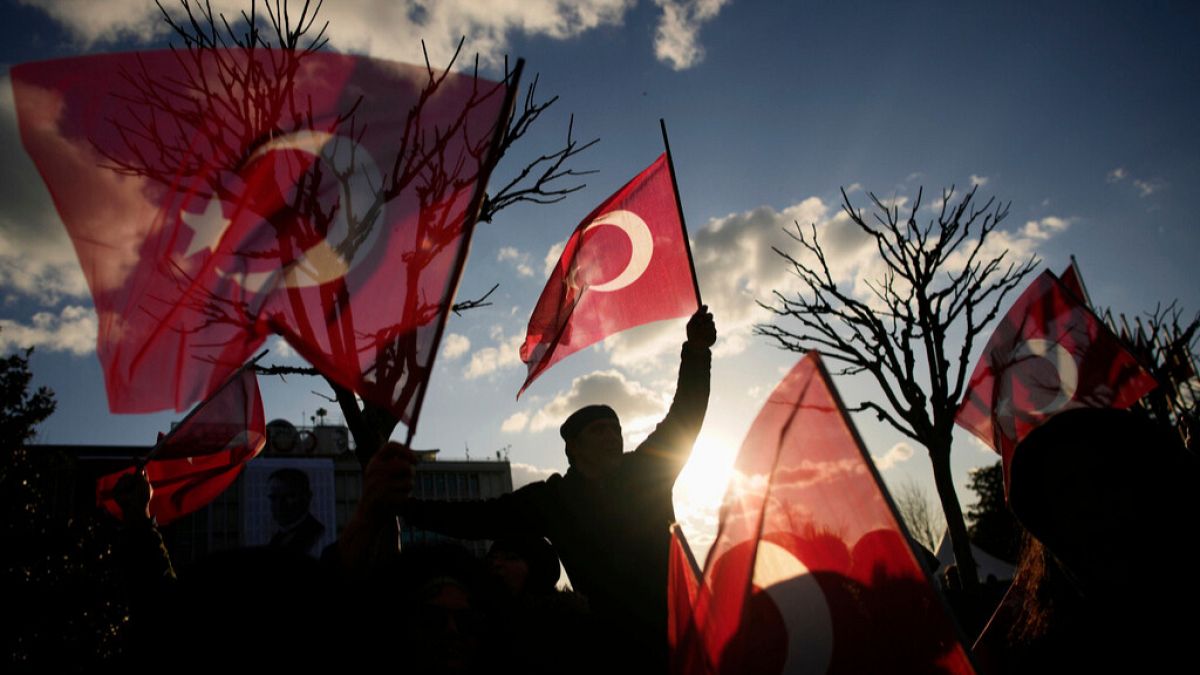Government proposes in the coming weeks a review of the law on the return of migrants
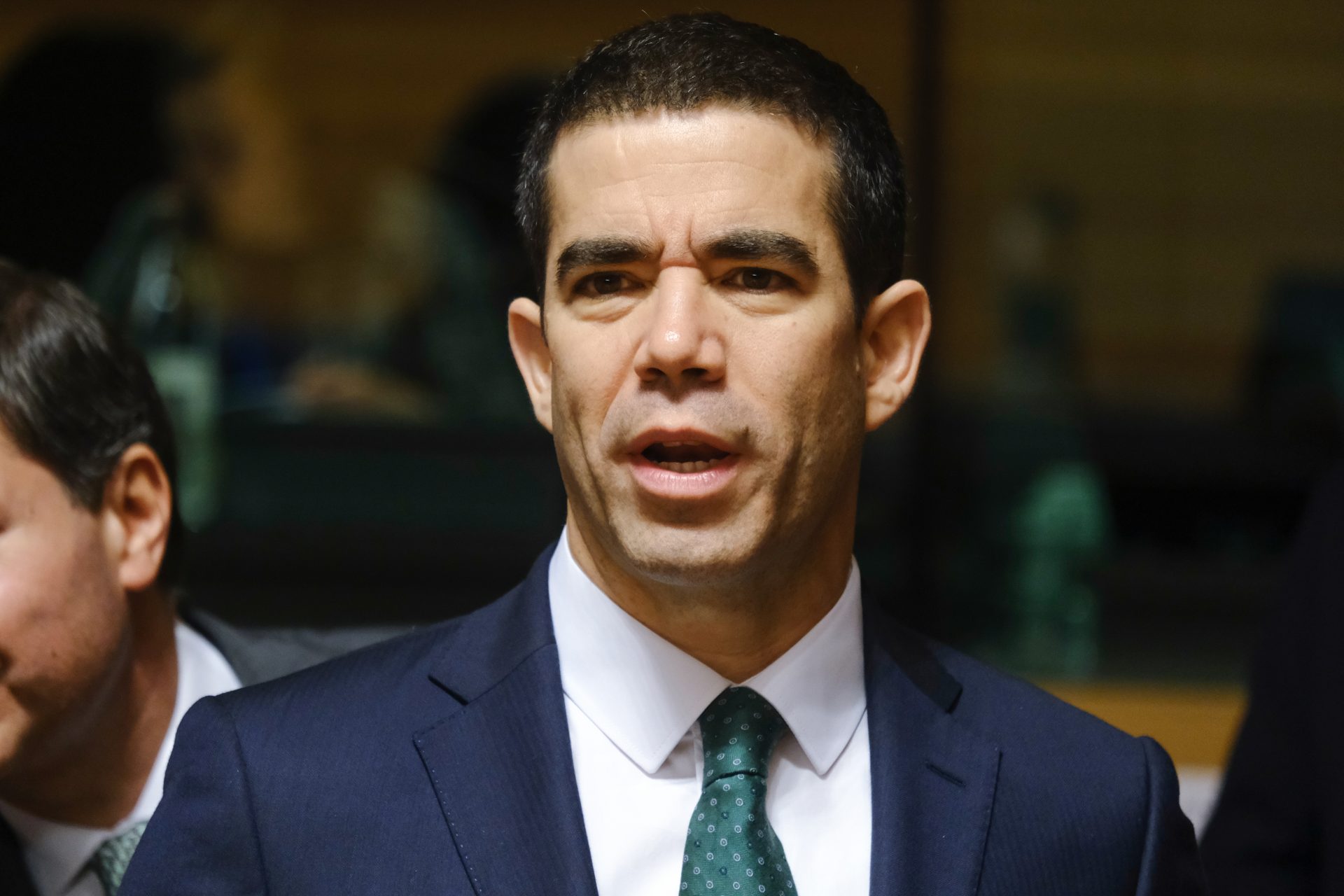
The Government will propose, in the coming weeks, a revision of the Portuguese regime for the return of foreign citizens in illegal situations, considering that “the problem of other countries is also Portugal’s problem.”
“The problem of other countries is also Portugal’s problem, but we in Portugal, in addition to the change of European rules, are committed to changing national law and in the coming weeks the country will know a proposal for the revision of the return regime,” announced the Minister of the Presidency, António Leitão Amaro.
In statements at the end of a meeting of the Ministers of Internal Affairs in Luxembourg, the official pointed out that this is “a problem and a challenge that affects all Member States across Europe,” since “governments that encounter foreign citizens in illegal situations have difficulties in executing the return, whether voluntary or forced to their countries of origin.”
“Europe may have doors that are not all closed and through which people can enter, whether for asylum or economic immigration, as long as they comply with our rules, and those who do not comply must face consequences, and the consequences are removal,” emphasized António Leitão Amaro.
Currently, Portuguese law provides for the installation in temporary centers of those who entered the country illegally, but establishes a maximum detention period of 60 days.
After this period, if it is not possible to carry out the expulsion, the State is obliged to release these people, even if the removal process continues to be underway.
This is what happened in the case of Moroccan citizens who illegally disembarked in Vila do Bispo last August.
Portuguese authorities rejected the vast majority of requests and almost all citizens were released as the legal detention period had expired.
In March of this year, the European Commission proposed the creation of a common European system for the return of illegal migrants, suggesting repatriation to safe third countries and forced processes for these people in irregular situations in the EU.
This proposal is still under discussion, as it is estimated that only about 20% of nationals from third countries required to leave the community space actually do so, escaping the authorities and going to other EU countries.
Upon arriving at the meeting in Luxembourg, the Commissioner for Internal Affairs and Migration, Magnus Brunner, argued that the European Border and Coast Guard Agency (Frontex) should have a “stronger role in border security,” particularly through operations with drones (remotely piloted aircraft) to “improve the management of returns.”
The European official also called for action from EU countries within the framework of the new pact on migration and asylum, ensuring that initiatives are already leading to a decrease in illegal crossings.
“We are at a turning point in migration and asylum policy and we are already seeing the results of our common approach in the fight against illegal migration: border crossings have decreased by 22% this year, following a 37% drop last year.”
The new European Pact on Migration and Asylum was adopted in May 2024 and provides for combating illegal immigration and mandatory solidarity among Member States through the sharing of burdens among countries.






